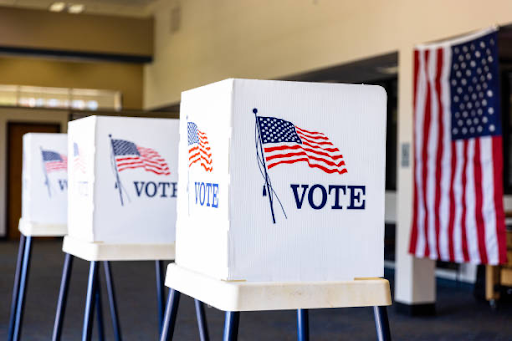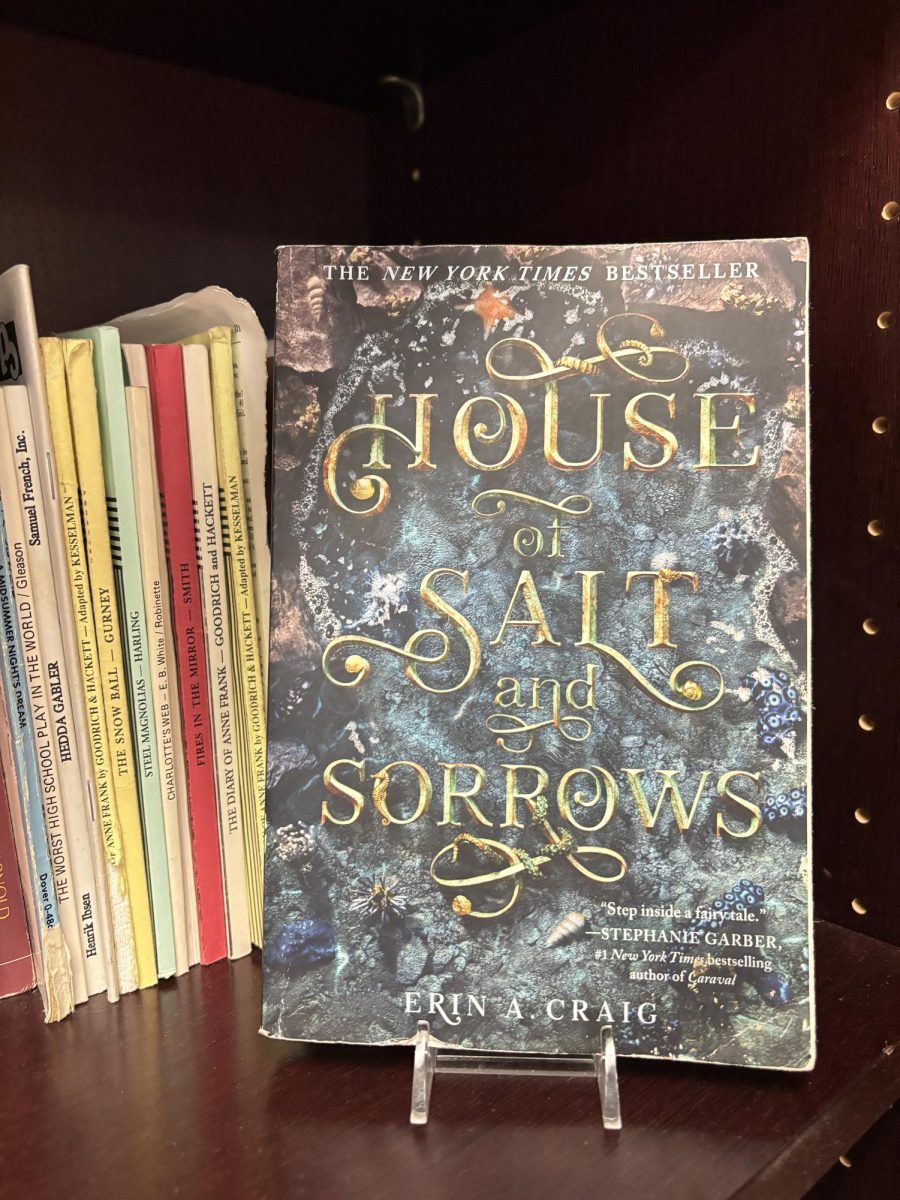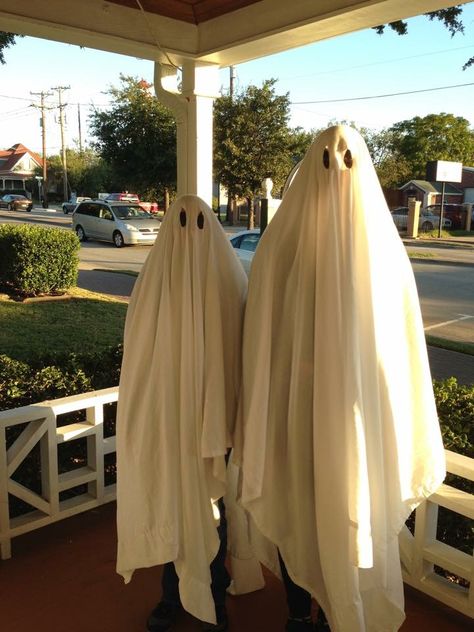Why We Shouldn’t Ban Library Books

November 7, 2022
We are all familiar with banned books, whether we know it or not. Some of our all-time favorites have been subject to bans: To Kill A Mockingbird, The Great Gatsby, Of Mice and Men, The Hate You Give. It has been a large topic of discussion in the upcoming school board election. Proponents of both sides have come to odds on Facebook, and at school board meetings. So why is it that pieces of paper can cause such controversy? According to the American Library Association, the most common reason for challenging is sexually explicit content, offensive language, and content unsuited to any age group.
But, book banning has severely detrimental effects on a child’s empathy skills and overall quality of education. Books can act as mirrors or windows. We see ourselves in literature, but arguably more important, we see other people. We read about human struggles, shared experiences, and experiences that we hope we never have to experience. When a child longing for acceptance cannot find their “mirror” on a bookshelf, we must not overlook the effect this could have on their well-being. If we take away all the books that are ‘windows’, we will culture a youth that struggles to understand one another.
Often, parents argue that they have the right to decide what subject matter their children are exposed to, which is true. On the contrary, they do not have the right to take away that subject matter from someone else. This is where book banning becomes a slippery slope. At what point must the line be drawn? Books are not meant to please everyone, so why should we treat them as though they are? Reading books that challenge our thinking and “social norms” is what allows us to grow, while censoring ideas that make us uncomfortable causes this growth to screech to a halt.























Katie Rauhut • Oct 9, 2023 at 7:20 pm
Hey Sarah! I’m Katie Rauhut, a junior at Grand Valley State University doing a project on book banning that highlights high schoolers’ voices. I feel there is a significant gap in the narrative when it comes to hearing what the students in these schools have to say. I was wondering if you would be interested in doing an interview for my project? I am creating a short documentary film and would love if you would share your thoughts. I know this article was posted nearly an entire year ago, so if you’re graduated now, is there anyone else you may know who is currently in HS who would want to participate? Let me know! Thank you again for this great article; I loved it. It covers a lot of important points and I think parents/administrators need to hear this from their children/students!!
Adriana Zamarron • Oct 27, 2023 at 10:51 am
Hi Katie! Thank you for your comment. Sarah has unfortunately graduated and is now a Freshman at University of Michigan.